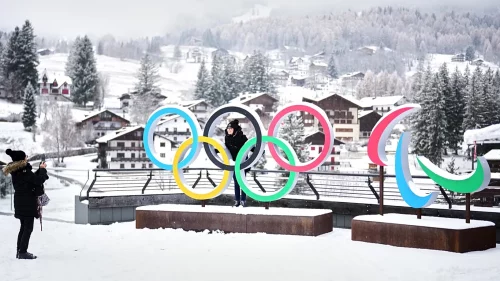The UN Climate Change Conference COP30 in Brazil has officially ended. Two weeks of motivational events and tough political discussions have led to a transition to a new stage in the implementation of the Paris Agreement goals. After thirty years of negotiations, COP30 declared a call for concrete action, Global Mutirão, which was supported by nearly 200 countries. However, the main compromise – the abandonment of fossil fuels – was not achieved.
This was reported by the official COP30 resource.
There will be no abandonment of fossil fuels
This year's climate conference was marked by heated debates about the future use of oil, gas, and coal. This issue divided the delegates into two groups, each with more than 80 participants.
In an attempt to smooth things over, Brazil, which presided over COP30, announced the development of roadmaps. One of them concerns forest restoration, the other – a fair and equitable transition to a clean economy.
The future of the Paris Agreement
The conference organizers believe that they have succeeded in strengthening the Paris Agreement. Among the measures that reinforce it are decisions on reducing emissions, financing climate action, climate adaptation, and capacity building in developing countries.
Key decisions
To strengthen international cooperation in the fight against climate change, COP30 announced the launch of a number of programs, projects, and initiatives. Some of them are:
- the launch of the Global Implementation Accelerator. It will select universal climate change mitigation measures that can be scaled across different world regions. Priorities include methane emission reductions, natural carbon removal mechanisms, renewables, and clean technologies;
- the creation of the Belém Mechanism for a Just Global Transition;
- funding for adaptation projects has been tripled. This aims to support those countries and population groups most affected by climate change, despite bearing the least responsibility for it;
- the introduction of voluntary indicators to measure progress under the Global Goal on Adaptation;
- the launch of the Technology Implementation Program (TIP). The initiative will help implement climate change mitigation technologies in developing countries.
As previously reported by EcoPolitic, on the eve of the UN Climate Change Conference, the UN released an alarming report on the implementation of the Paris Climate Agreement goals. According to the report, humanity will not be able to limit global warming to an upper limit of 1.5°C.
The leaders of the largest polluting countries ignored COP30. The European Union, which has the most ambitious climate policy, barely managed to agree on a joint NDC this year.





